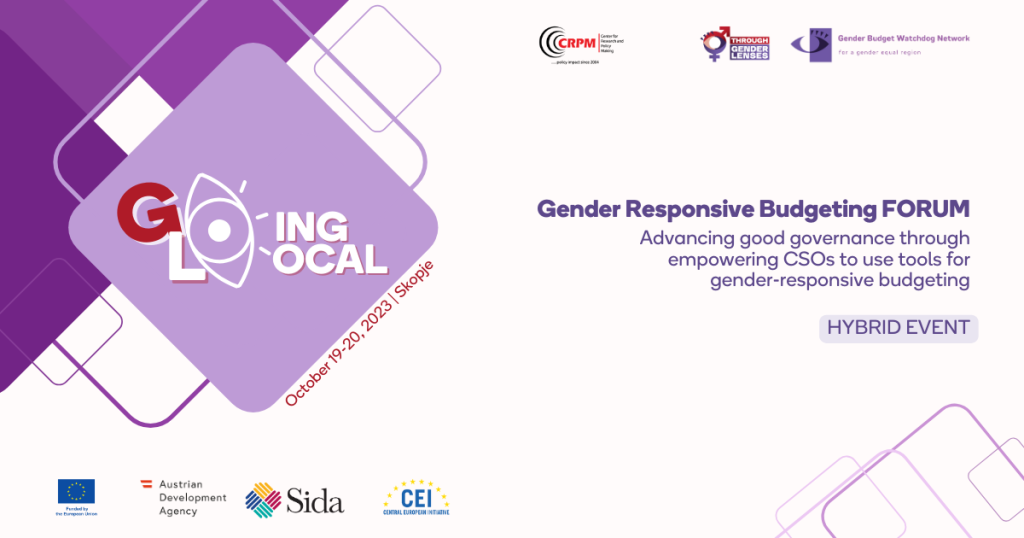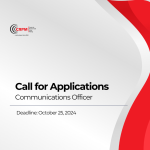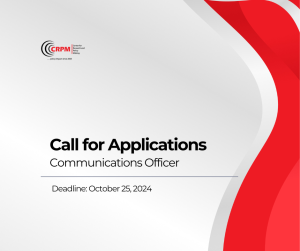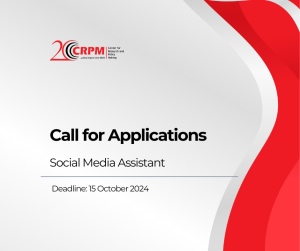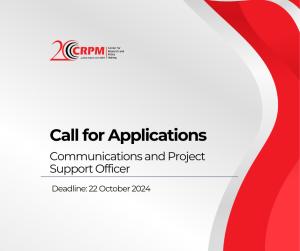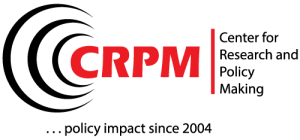Date: 19-20 October 2023
Venue: Public Room, Skopje
Gender-responsive budgeting (GRB) has been considered a policy tool for engendering social change and facilitating implementation of gender equality commitments. It can contribute to improved budget transparency, accountability, effectiveness, efficiency, and, perhaps most importantly, equality. Introducing GRB in fiscal policy (tax and spending policies) and public financial management instruments enhances the effectiveness of the tool to promote gender equality. Meanwhile, ongoing monitoring and policy evaluation using GRB tools is necessary for assessing the impact of policies and budgets on gender equality. On the local level, GRB tools can facilitate participatory policy development and budget formulation, supporting democratization and transforming local communities through more meaningful allocation of public finances that respond to needs and interests of diverse women and men, girls and boys.
While GRB tools have been built and honed drawing from global experience, their application has primarily occurred at local and national levels. However, GRB tools provide opportunities for strengthening international organizations’ effectiveness, efficiency, transparency and accountability for realizing their gender equality commitments. UN agencies, the European Union (EU), EU Member States, and international financial institutions (IFIs) have committed to furthering gender equality, have significant political and economic influence, and manage substantial development funds. Yet, their own use of GRB tools seems limited. Civil society has expressed the need for better accountability and transparency in international funding towards gender equality.
Therefore, the Gender Budget Watchdog Network, a network of around 100 civil society organizations (CSOs) in the Western Balkans and Moldova, is bringing together 80 participants from 20 countries at the Gender Responsive Budgeting FORUM – “Going Glocal: Gender Responsive Budgeting in the Western Balkans & Moldova: advancing good governance through empowering CSOs to use GRB tools” to link global expertise and local experience in using lessons learned to inform the development of GRB methodologies for tracking international funding for gender equality. Drawing from local expertise generated in the Western Balkans region and in Moldova, supported through different interventions of UN Women, the EU and the ADA and Sida support over the last decade, to inform global methodologies, discussions will include ideas and proposed methods for improving upon gender markers used by the OECD, EU, UN agencies and IFIs. In the same time the forum will inspire application of GRB tools in regional development, resilience and environment protection/climate change financing. Finally, the conference will provide lessons learned and best practices for how good governance can be advanced by empowering CSOs to use GRB tools, taking global experiences to inform future local initiatives.
The GRB Forum is a joint activity, implemented as well within the EU funded project “Through gender lenses: appraising budgets and policies; watchdogging local action plans for gender equality implementation” with the man objective to shape policies and budgets to respond to the needs of women and men, especially in times of crisis. The Forum will gather renowned experts from throughout Europe, international organizations, CSO activists, and other stakeholders to discuss their experiences, research, and methodological ideas and will enable learning effective methods to advance good governance on local and regional level by using GRB tools.
Forum Objectives:
- To present knowledge and experiences using different GRB approaches in transforming local communities, discussing how these can inform global strategies and methods;
- To devise methodologies and tools based on best global and local practices for tracking international funding towards gender equality through improving and developing new gender marker methodologies;
- To develop methodological ideas for GRB to better inform climate change mitigation and adaptation actions;
- To build synergies among existing networks, experts, and stakeholders working on these issues, towards future joint advocacy and action at national, regional, and international levels;
- To promote how empowering civil society to use GRB tools can serve as a strategy for advancing good governance in the Western Balkans and Moldova.

